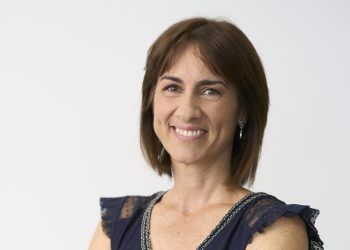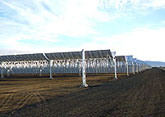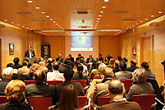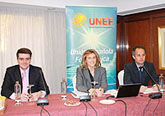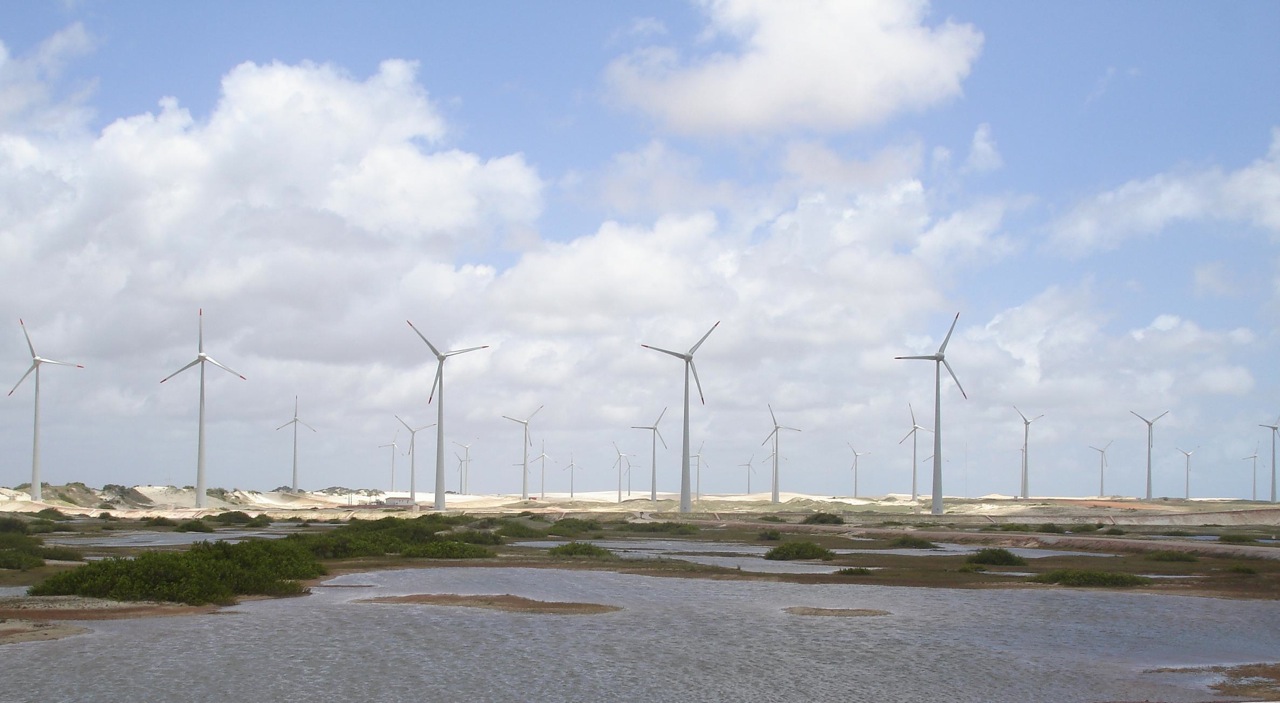Sara Pizzinato exemplifies the recent legalization of virtual net balance in Greece and before what she qualifies as psychological / administrative blockade on the recognition of the rights of citizens on energy in Spain, she values Europe as an opportunity while the old continent prepares news in this area that will see the light in autumn / winter. Thus, the head of the Greenpeace Energy Campaign discusses in this article which pieces should not be left out in the revision of the European Directive on Renewable Energy and the Initiative on the Electricity Market Design.
A few days, for the first time, Greece has seen the legalization of the virtual net balance that will allow administration buildings (schools, universities, hospitals, …) and farmers install solar energy in remote locations to the point of consumption and make net balance with their production.
Sorpasso: in Spain we continue with the psychological / administrative blockade and in Greece, in the framework of a new law on renewables (not retroactive nor punitive) they will break the taboo that self-consumption is for rich people with a villa included in the package.
What is promising is that while in Spain we continue with a government in office, we can look for opportunities in Europe for citizens to have our rights recognized in the field of energy. In Brussels, European Commission officials have already returned from vacation to work on the fall / winter energy package with developments in this regard being expected.
[Pullquote] In Brussels, European Commission officials have already returned from vacation to work on the fall / winter energy package with developments in this regard being expected.
[/ Pullquote]
I want to think that a regulatory framework to protect, support and promote energy citizenship as the center of the Energy Union may be an outcome thereof. This means establishing specific policies and measures in some of the pieces of legislation to be proposed in the coming months, especially in the revision of the European Directive on Renewable Energy and the Initiative on Electricity Market Design.
To be prepared we analyze what elements should not miss in the two legal pieces.
In the framework of the European Directive on Renewable Energy:
– Enshrining the right to self-produce, self-consume, receive a fair price for surplus energy fed into the grid, store energy and participate in demand management.
– Guaranteeing grid access priority to projects of energy citizens.
– Continue allowing exceptions for state aid aimed at citizen energy projects, regardless of project size.
– Simplifying administrative procedures, with initiatives such as creating one-stop shops for energy citizens.
– Encouraging Innovative financing solutions, including third-party financing, financing on the bill by distributors as well as collective purchasing programs.
– Providing Opportunities for groups with limited resources to be energetic citizens through Member States be obliged to design specific measures.
– The Member States should plan and report on the increase in the share of citizen energy and set goals for it in their Renewable Energy Action Plans by 2030.
The Initiative on Electricity Market Design should:
– Ensure that energy citizens have access to generation markets and demand management services individually, collectively or via third parties.
– Rule and encourage that distribution companies serve as neutral facilitators in the market for renewable distributed generation, storage and demand management.
– Ensure that both taxes and fees recognized as costs of the network are transparently established and that all these reflect the benefits of distributed generation and respond to a fair sharing of costs.
– In no case should they be punitive nor designed to discourage active participation of energy citizens in the market.
–Deter Member States from establishing mechanisms for capacity as these may hinder investment in renewable generation and demand management. On the contrary, Member States should remove obsolete and polluting coal and nuclear power plants, to make room in the market for energy citizenship.
In fact, if you have come this far, you must have noticed that it is just the opposite of what the Spanish legislation sets. It is no coincidence that Spain is considered one of the worst examples in this field not only in Europe but also in the world. For the moment, with no government, and far outweighed by Greece, all we can do is to follow the European way to try to outrun the nineteenth-century thought that anchors us in the past energy (and its emissions). Hopefully the Greek example flourishes.
Sara Pizzinato
Responsible Energy Campaign Greenpeace
Carlos Sánchez Criado
Publicista por la Universidad Complutense. Director comercial de publicaciones técnicas del sector de la energía durante doce años. Director de Energy News Events, S.L. desde 2012 difundiendo información en Energynews.es, movilidadelectrica.com e hidrogeno-verde.es. Y por supuesto, organizando eventos como VEM, la Feria del Vehículo Eléctrico de Madrid.









